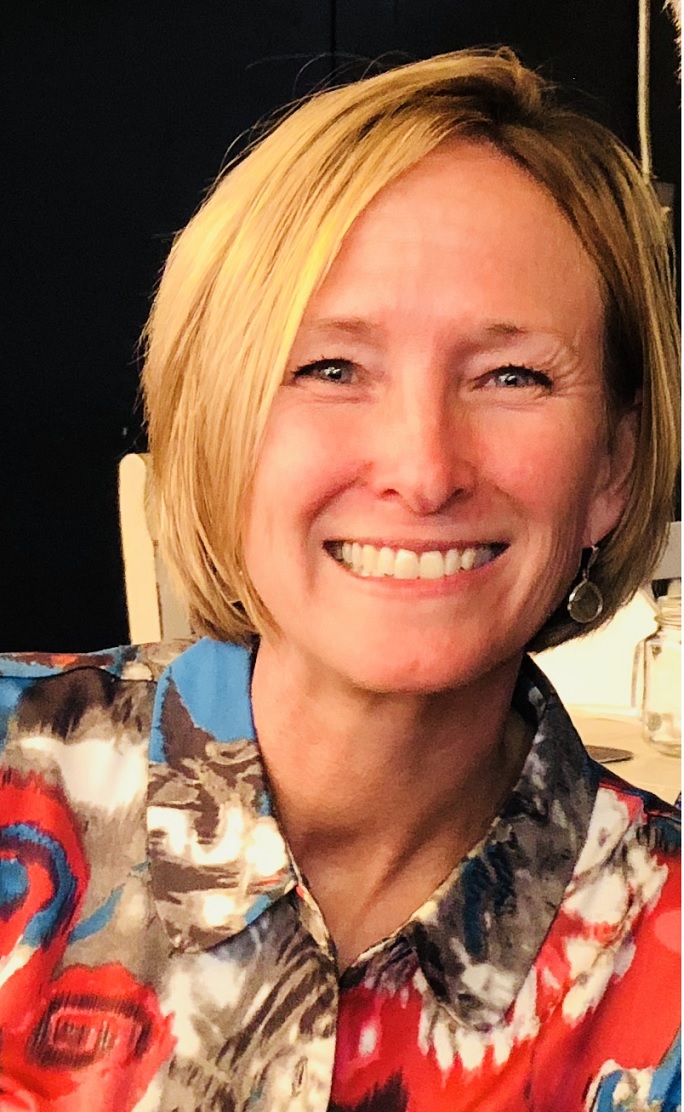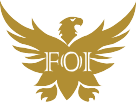
Q&A with Heather Potters of PharmaJet
Co-Founder, Vice-Chairman, Chief Advocacy & Shareholder Relations Officer
Principal Series:
PharmaJet’s needle-free injection platforms facilitate a fast fluid injection. Intentionally designed for fixed dose vaccine delivery, it is a safer, faster, and easier method of injection than needles. Extensive data from clinical studies (60+ completed, 70+ more underway) has confirmed safety and efficacy vs. needles; and in some cases also proven to generate the same or a superior immune response through reduced dose intradermal injection (60-80% less vaccine), or in novel nucleic acid (mRNA, DNA) vaccine and therapeutics. Engineered to be efficient, the PharmaJet needle free platforms facilitate gathering extra doses from vials vs. needles. Cost/price competitive with needles, but eliminating the risks (stick, re-use) and costly disposal, these multiple benefits help create a positive savings for every injection back to the user (typically 10-40%).
According to the World Health Organization, besides clean water, immunization is the cheapest form of preventative health. The COVID pandemic provides an obvious example of how widespread immunization reinforces the health and wellness of individuals, and their families, communities, and countries, while at the same time confirms that health and economics are strongly linked. PharmaJet’s multiple clinical claims from the FDA, WHO and other regulatory agencies for existing vaccines, plus data from the more than 100 novel vaccines under development (including 19 COVID candidates, with partners in 10 countries), PharmaJet is positioned to be a unique standard-of-care for the global immunization market for generations to come.
Join us for a private Family Office Insights Webinar/Teleconference featuring PharmaJet, a needle-free jet injection technology which is focused on vaccine delivery.
December 8th at 4:15 -5:15 pm EST
RSVP AND CONFIRMTION REQUIRED HERE
Investors Only Please

Family Office Insights is a voluntary, “opt-in” collaborative peer-to-peer community of single family offices, qualified investors and institutional investors. Join the community here www.familyofficeinsights.com
What is the next chapter in commercialization?
PharmaJet is in an early commercial stage, having revenue of $5 million in 2019. Each of the two injection platforms (intramuscular/subcutaneous, 0.5 mL; intradermal 0.1 mL) have been scaled, validated and audited for volume production (robotic assembly and molds). With a maximum annual assembly production of ~8.5 million syringes for the intradermal platform, which is focused on the Global Polio Eradication Initiative (300 million annual shot market), satisfying orders during 2020 for more than 4-5 country users will be challenging. An additional capacity increase is now underway (5x current capacity), which will facilitate being able to satisfy additional demand starting Q1 2021, bringing the company past break-even (annualized $11 million revenue run-rate) and sustaining additional capacity needs as growth continues. While the COVID collaborations (19 partners, 10 countries) are still progressing, those which are approaching Phase III clinical stage are also utilizing the PharmaJet intradermal platform. Based on anticipated successful regulatory approval for early use, the capacity increase underway will be helpful in addressing these additional needs.
What prevents competitors from creating a needle-free alternative?
PharmaJet is the only needle free jet injection technology able to be used for vaccine administration, as an alternative to needles. This statement is based on the fact that regulatory approvals are specific to the Company (not generic) and based on device testing and clinical claims issued by various agencies (FDA, WHO, CE Mark, DCGI, etc.). In combination with 47 issued patents, a number of trade secrets, and the regulatory firsts and onlys which PharmaJet has accomplished, it is estimated that it would take 5-8 years and very significant investment for another needle-free competitor to supplant. As novel vaccines and cancer therapies continue to advance using PharmaJet as the method of administration, with the majority dropping needle based delivery altogether (needles are inferior in immune response), PharmaJet becomes the named method of administration on the label. The relationship with the pharma partner becomes symbiotic as PharmaJet becomes necessary for the medicine to be efficacious. Licensing agreements form the basis for a long commercial collaboration with royalties from vaccine sales provided to PharmaJet to ensure its interest in continuing to supply the pharma partner; and regulatory dictating the clinical claims for marketing of the injectable medicine using PharmaJet. For the Pharma partner to replace such relationship would also be difficult and expensive (studies to be repeated with the risk that efficacy is not the same), and risky. Ultimately the combination of these factors help prevent other needle-free competitors from disrupting PharmaJet's market opportunity.
What is the Company's potential exit horizon and path?
PharmaJet has more than 60 distinct collaboration partners, globally. These partners include large and small pharma, academic, NGO, and government research agencies (e.g. BARDA, DoD, NIH). Particularly as the platforms become entrenched and necessary for vaccine and cancer therapy administration to reach efficacy standards (e.g. superior immune response using a fractional dose; or nucleic acid DNA and mRNA novel developments) strategic acquirers who are medical technology or vaccine focused may find PharmaJet to be a must-have asset. Because large pharma tend to acquire from large pharma and academic/government developers, and because PharmaJet's fast fluid injection is proving to be essential to making many of these injectable medicines reach efficacy standards (needles are inferior), PharmaJet will eventually become a must-have asset. Alternative to a trade sale, the Company is also capable of pursuing a public listing. The Company is continually preparing for either event, and ideally would pursue a liquidity path after new capacity is in place, and revenue, margins, and profitability are growing (24-36 months).

Heather Potters of PharmaJet
Underlying Heather’s involvement with PharmaJet as a co-founder, Vice-Chairman and officer of the company, she has 27 years of Private Equity fund management and international investment experience across multiple jurisdictions. Her experience started in 1991 when she moved to Poland to join the newly created Enterprise Fund concept created by President Bush, Sr. and the US Congress. She spent 19 years investing three closed end private equity funds, covering Central and Eastern Europe, and managed individual investments and financial investor consortiums, in early stage and growth companies, ranging from $1 million to an excess of $100 million. She has been a member of the board for numerous companies across a variety of industries ranging from auto-parts, to systems integration, publishing and light-manufacturing, to medical technologies. From time to time an angel investor in companies, she primarily invests in companies with the ability to make an impact in health or new technologies. Heather has a Bachelor of Arts degree in International Management from Claremont McKenna College and an MBA from Wharton, the University of Pennsylvania.
Contact Heather:

